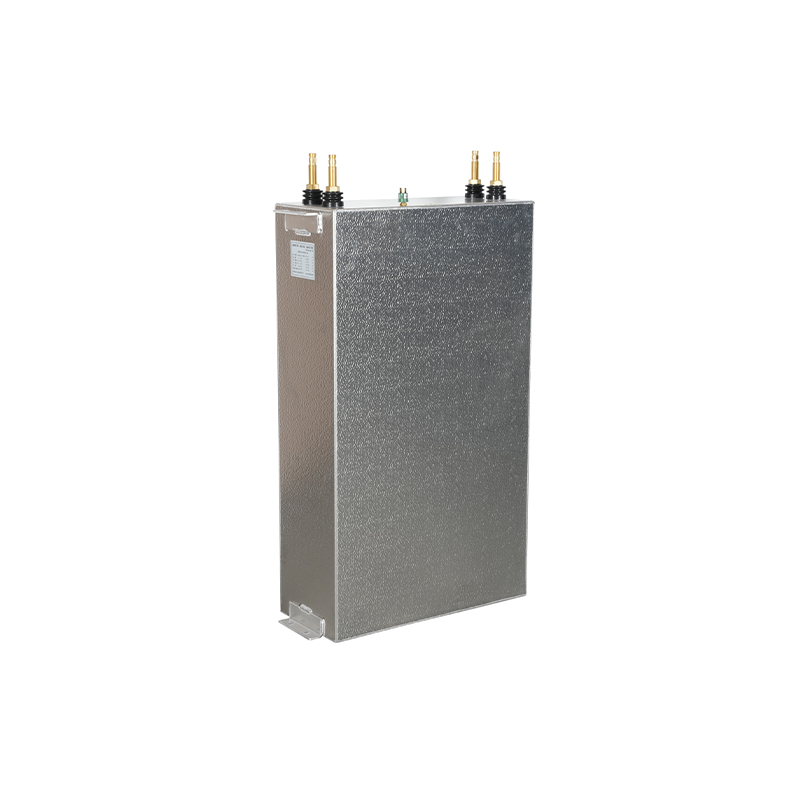Content

A melted capacitor can lead to serious malfunctions in electronic devices, but identifying the issue early can prevent further damage. Capacitors are essential components that store and regulate electrical energy, and when they fail, they often exhibit clear physical and operational symptoms.
One of the most obvious signs of a failing capacitor is visible deformation. A healthy capacitor typically has a flat top, but when it begins to fail, the top may bulge or even rupture. In severe cases, the electrolyte inside may leak, leaving a crusty residue around the base. Discoloration on the printed circuit board (PCB) near the capacitor—such as brown or blackened areas—can also indicate excessive heat buildup.
Electronics rely on stable components, and a failing capacitor often emits a distinct burnt odor, similar to overheated plastic or chemicals. In some cases, a failing capacitor may produce a faint hissing or popping sound before complete failure. These auditory and olfactory signs should never be ignored, as they often precede total malfunction.
When a capacitor melts or fails, the device it powers may behave erratically. Common symptoms include:
If you notice these issues, inspecting the capacitors should be a priority. "How to fix a melted capacitor on a motherboard" becomes a crucial question when these symptoms appear, as timely intervention can save the device from permanent damage.
Understanding why capacitors fail helps in both diagnosing and preventing future issues. Several factors contribute to capacitor failure, ranging from environmental conditions to electrical irregularities.
Capacitors are sensitive to heat, and prolonged exposure to high temperatures accelerates their degradation. Devices with inadequate cooling, such as tightly packed power supplies or poorly ventilated gaming consoles, are particularly prone to capacitor failure. Over time, the electrolyte inside the capacitor dries out, leading to increased internal resistance and eventual overheating.
Capacitors are designed to operate within specific voltage ranges. If a power surge occurs—due to faulty power supplies or lightning strikes—the excess voltage can overwhelm the capacitor, causing it to overheat and melt. Similarly, reverse polarity (incorrectly connecting the capacitor) can lead to rapid failure. "Why do capacitors melt in electronics" is often answered by examining these electrical stressors.
Not all capacitors are built to the same standards. Cheap or counterfeit capacitors often use inferior materials that degrade faster under normal operating conditions. Additionally, electrolytic capacitors have a limited lifespan (typically 1,000 to 10,000 hours), meaning older electronics are more susceptible to failure.
Improper soldering during manufacturing can weaken capacitor connections, leading to increased resistance and heat buildup. Physical damage, such as bending a circuit board or dropping a device, can also dislodge or crack capacitors, making them more likely to fail.
By recognizing these causes, users can take preventive measures to extend the lifespan of their electronics.
Repairing a melted capacitor requires precision and the right tools. While it may seem daunting, a systematic approach can restore functionality to damaged electronics.
Before starting, gather the necessary equipment:
Safety is critical—always disconnect power and discharge residual electricity from the circuit before working on it.
"Replacing a melted capacitor on a PCB" is a skill that becomes easier with practice, and mastering it can save costly replacements of entire boards.
The risks associated with melted capacitors extend beyond device failure—in extreme cases, they can pose fire hazards.
When a capacitor fails, the internal pressure can cause it to burst, releasing flammable electrolyte. If this substance contacts other hot components, it may ignite. Additionally, short circuits caused by leaking capacitors can generate sparks, increasing fire risks.
Several documented incidents involve capacitor failures leading to fires in appliances, power supplies, and industrial equipment. Poor maintenance and ignoring early warning signs (like bulging capacitors) often contribute to these dangerous situations.
"Can a melted capacitor cause a fire" is a critical consideration, especially in high-power electronics where failures can have severe consequences.
Proactive maintenance and proper usage can significantly reduce capacitor failure rates.
By following these guidelines, users can avoid the frustration of dealing with "signs of a melted capacitor in power supply" and other related failures.
Contact Us
News center
information
Tel: +86-571-64742598
Fax: +86-571-64742376
Add: Zhangjia Industrial Park, Genglou Street, Jiande City, Zhejiang Province, China